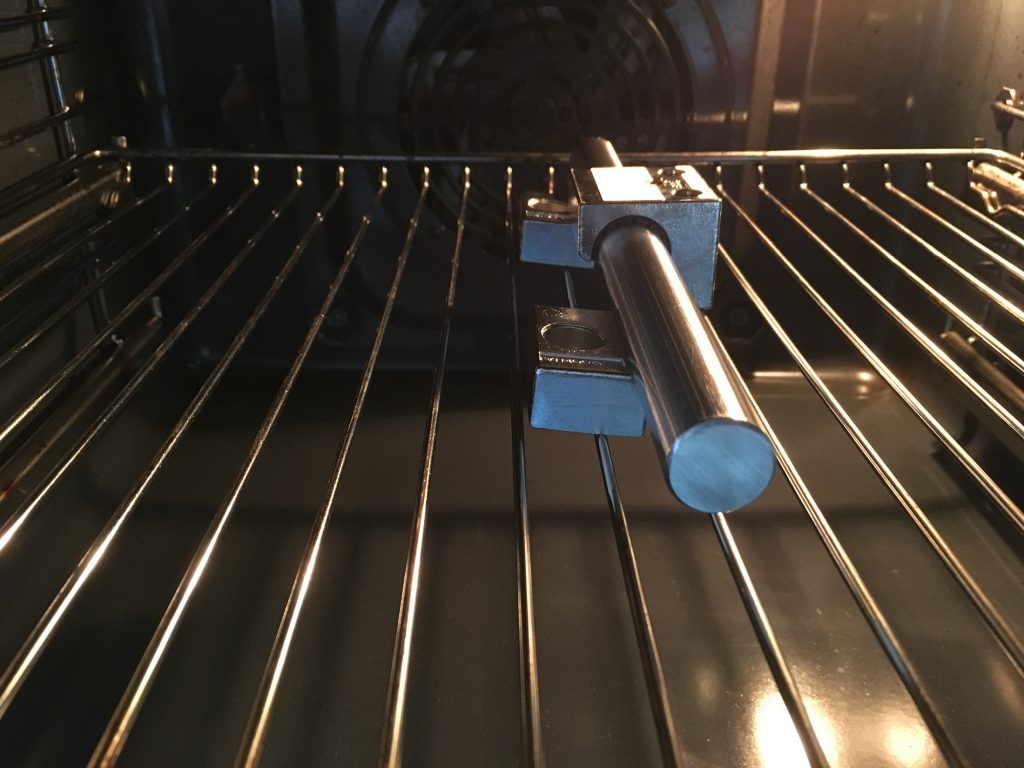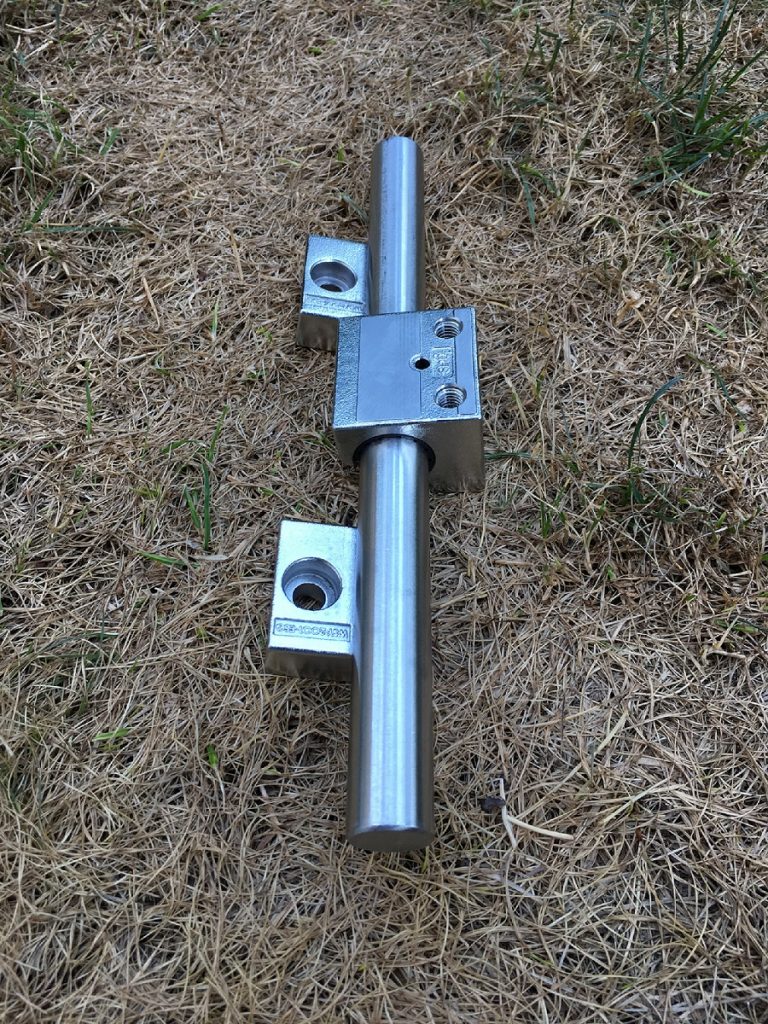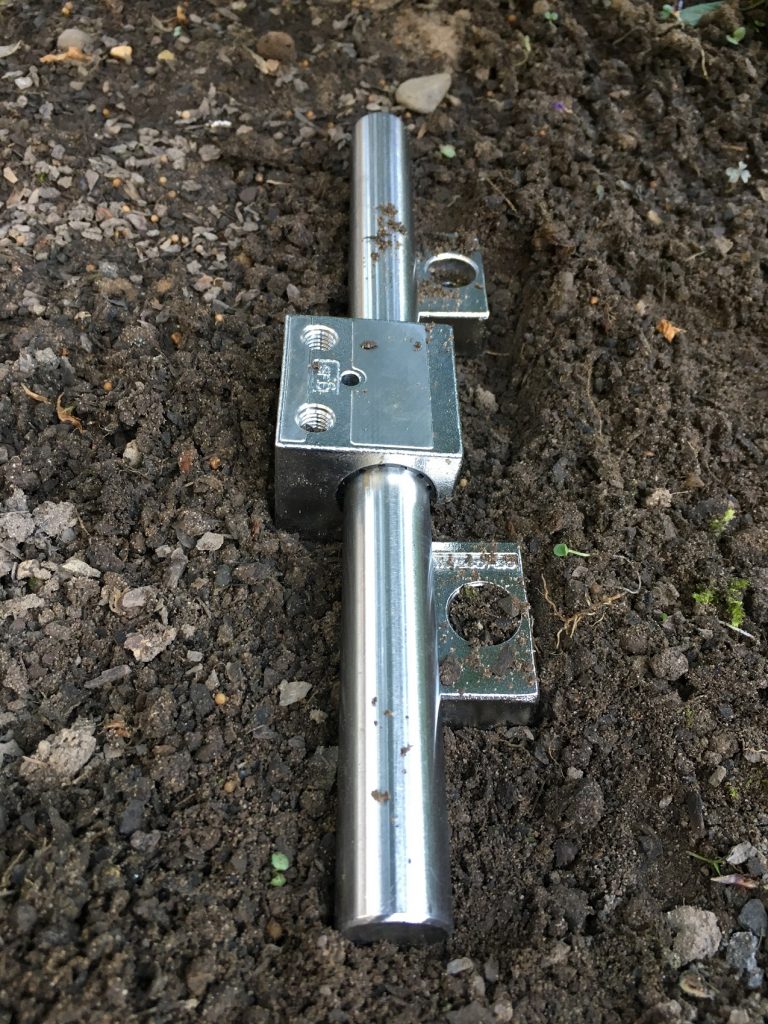Grease linear guides?
The question regarding the protection of linear guides against corrosion is asked very often as they are used in all possible environments. Indoors, I “only” need the appropriate lubrication. But even in the garage, it can be damper. Used outdoors, of course, the linear guide comes into contact with rain, snow, heat and low temperatures as well as dirt and dust. And in the north of Europe, there is a different climate than, for example, in the Far East with its high humidity.
In contrast to use in an industrial company, the linear guide “privately” used is usually in use only in the evening or at the weekend; it is therefore out of use most of the time. And this brings us to the decisive question as to what grease is the best lubricant and provides the best protection against corrosion – and where do I get it. The first thing to do is to take a look at a manufacturer’s website or consider products of other manufacturers. Examples of things to consider are: What consistency should the grease have; Is it suitable for normal temperatures or for high or low temperatures; Is there much dust and dirt. And: What grease can I obtain the fastest and is easiest to apply? What grease can attack my goods to be produced? In forums, there are pro and contra arguments for almost every recommendation. And the issue of environmental pollution is becoming more relevant than ever before -“On what basis is the grease produced?” What happens if the skin comes into contact with the grease? Or my jacket? What about hazards to health in general? How are the container or aerosol dispensers, for example, disposed of? The easiest thing to do is to avoid such questions and use a linear guide system. In use, it is absolutely clean and, not being lubricated, can be easily cleaned with water.
Examples
of linear guide systems:
https://www.igus.eu/info/linear-guides-drylin-r
https://www.igus.eu/info/linear-guides-drylin-w-overview



